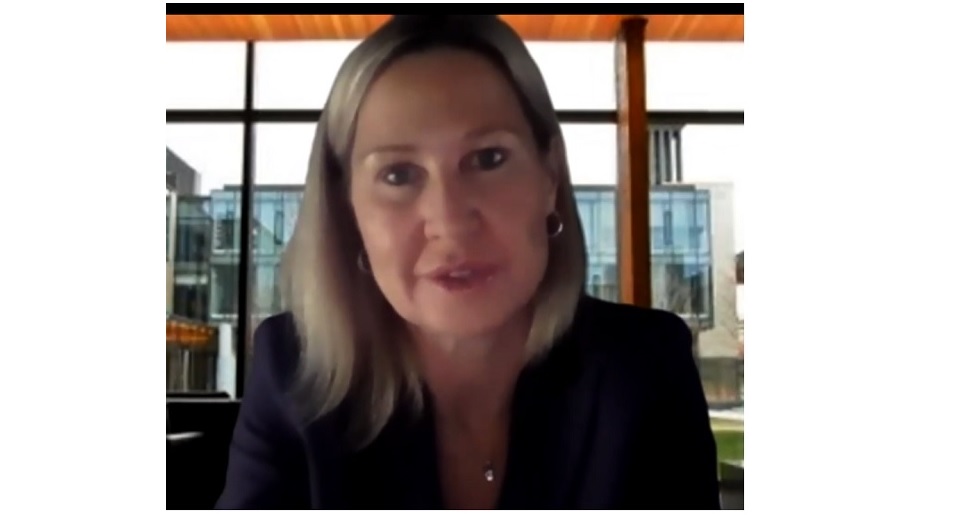Int’l Rights Commission Report Raises Serious Questions Concerning Scope, Purpose: Professor Fitz-Gerald - ENA English
Int’l Rights Commission Report Raises Serious Questions Concerning Scope, Purpose: Professor Fitz-Gerald

Addis Ababa September 24/2022/ENA/ The draft report by the International Commission of Human Rights Experts on Ethiopia (ICHREE) raises serious questions concerning both the scope and the overall purpose of the report, International Security Professor Ann Fitz-Gerald said.
In an exclusive interview with ENA, the expert noted that the people in Afar and Amhara regions were deeply affected by the conflict and that the evidence of this was widespread.
Professor Fitz-Gerald added that she had listened to many on how the fighting had impacted on families, communities and infrastructure — and how unfortunate it was not to have traveled over the border into Tigray as well – but how enlightening it was to speak with Tigrayan families and individuals in both Amhara and Afar regions that had fled and come over the border.
“Aspects of the severe situation across the broader conflict space which was not addressed by the report is a weakness, especially as there were numerous empirical studies that have been done on widespread TPLF-led atrocities. The implementation of rule of law must be based on in-depth criminal investigations, many of which require the support of forensic evidence – and also enabling space for other evidence to be collected; and this has not just happened yet.”
The expert further stressed that the International Commission of Human Rights Experts on Ethiopia (ICHREE) also needs to be comprehensive. She questioned why there were never any efforts to support the continuity of the JIT investigation process which had covered Tigray, but had not been applied to conflict-affected communities in either Amhara or Afar regions.
“This was an investigation process which was applauded by many and, for the purpose of consistency and continuity, other conflict-impacted communities should have benefitted, and thus sought some sort of resolve, from the same process. The team could have also returned to Tigray and continued a more in-depth investigation from the point at which the earlier investigation had ended,” the professor elaborated.
She further stated that “what has not helped with encouraging a comprehensive approach to investigations is the tendency for international actors to refer to this conflict as the “Tigray conflict” and not the “conflict in Northern Ethiopia”, particularly as the mainstay of the battle space has been located in Amhara and Afar.”
The expert pointed out that this human right commission did not have a large mandate and added that when organizations that are tasked with these sorts of investigations are not given a widely supported mandate, they normally also suffer from a lack of resources and a limited timescale in which to do the work.
“Information and propaganda have played a significant role in this conflict.”
According to the professor, this is a conflict in northern Ethiopia where some international policy leaders have changed the narrative to reflect that.
The ICHREE report did not consider the work done by the joint investigation of the Ethiopian Human Rights Commission and the Office of the United Nations High Commissioner for Human Rights (OHCHR).
The JIT (Joint Investigation Report on Tigray Conflict) report had confirmed that the Tigray Special Forces and allied militia attacked the Northern Command of the Ethiopian National Defense Force and took control of the bases and weaponry on November 3, 2020, which, to the amazement of everyone following the events, the ICHREE never mentioned even to make a reference.
Due to the above reasons the Ethiopian government has categorically rejected the report of the International Commission of Human Rights Experts on Ethiopia, which it said “is politically motivated.”